Indication
Flonase, generically known as fluticasone propionate, is a corticosteroid medication utilized primarily to alleviate nasal symptoms, including congestion, sneezing, and a runny nose caused by seasonal or year-round allergies. Additionally, it is prescribed to manage nasal polyps, thereby reducing symptoms such as a loss of smell.
Dosage and Administration
The administration of Flonase varies according to the patient’s age and the severity of symptoms. Adults often commence treatment with two sprays in each nostril once daily. Following symptom control, a maintenance dose typically involves one spray in each nostril daily. For children, the recommendation is usually one spray per nostril, once a day. Always consult a physician to confirm the appropriate dosing regimen, and do not exceed the maximum dosage. Prior to the first use, the bottle must be primed by shaking and releasing six sprays into the air. If not used for seven days or longer, the pump requires re-priming with two sprays.
Contraindications
Patients with a known hypersensitivity to fluticasone propionate or any other constituents in Flonase should refrain from use. Moreover, individuals who have recently undergone nasal surgery or trauma should not use Flonase until healing is sufficient. If an active or untreated infection is present, especially of a fungal, bacterial, systemic viral, or ocular herpes simplex nature, the use of Flonase is generally contraindicated.
Precautions and Warnings
Flonase has possible impacts on the immune system. Prolonged use can increase the risk of infections. Patients are advised to notify their healthcare provider of any exposure to measles or chickenpox. Corticosteroids may cause a reduction in growth velocity in pediatric patients; hence, regular monitoring is recommended. Care should be taken in transferring patients from systemic corticosteroids to Flonase as withdrawal symptoms and adrenal insufficiency can occur. Visual disturbances may also be reported. If such symptoms arise, consider referral to an ophthalmologist.
Drug Interactions
Concomitant use of Flonase with strong CYP3A4 inhibitors, such as ritonavir or ketoconazole, has been associated with increased systemic corticosteroid effects. Caution is advised when prescribing Flonase with other drugs that suppress the immune system, as additive effects could potentially lead to an increased risk of systemic corticosteroid effects.
Adverse Reactions
Commonly reported side effects of Flonase include headaches, epistaxis (nosebleed), nasal irritation, and increased risk of infections. Pharyngitis, nausea, vomiting, and cough have also been noted. On rarer occasions, nasal septum perforation, impaired wound healing, and glaucoma or cataracts can manifest. Patients should be vigilant for any signs of adverse reactions and seek medical advice if necessary.
Clinical Trials
Flonase’s efficacy has been reviewed through numerous clinical trials assessing its effectiveness in managing allergic and nonallergic rhinitis. Positive outcomes from such studies underline its competence as a treatment option, with patients experiencing significant relief from nasal symptoms compared to placebo. The safety profile of Flonase has been comprehensively documented across various patient populations, including long-term safety evaluations.
Overdosage
Chronic overdosage may result in signs or symptoms of hypercorticism, including suppressed adrenal function. In case of acute overdosage, Flonase is not expected to be life-threatening, but treatment should be symptomatic and supportive. Emergency medical attention is recommended to address any adverse reactions.
Storage and Handling
Flonase should be stored upright at room temperature, between 15-30°C (59-86°F). The bottle must remain tightly closed to protect from light and moisture. The product should not be frozen and must be kept out of reach of children. Once opened, it is advised to dispose of the bottle after the number of sprays specified on the manufacturer’s labeling, as it may no longer deliver the correct amount of medication.
Patient Counseling Information
Patients should be instructed on the proper administration of Flonase, including priming the bottle before first use and subsequent re-priming if not used for a week. Additionally, health providers must emphasize the need for regular use, as the full benefit of treatment may not be immediate. Individuals should also be informed about the potential side effects and the need to report any severe or persistent symptoms. Pregnant women should discuss the use of Flonase with their doctor, considering potential risks and benefits.
References
The data presented in this guide are derived from a comprehensive review of updated medical literature, product inserts, and the latest studies concerning Flonase (fluticasone propionate). Continued research and updates from medical journals ensure this guide remains current and clinically accurate within the field of rhinology and corticosteroid therapies.
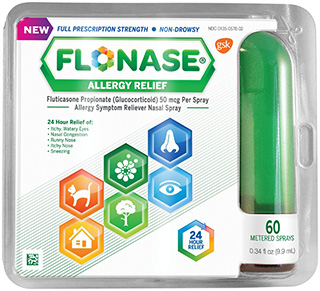
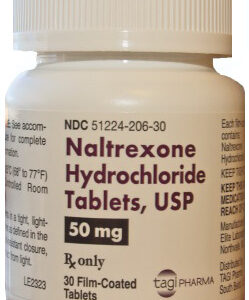
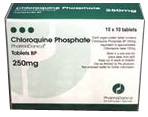
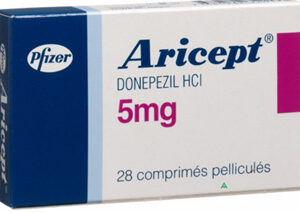
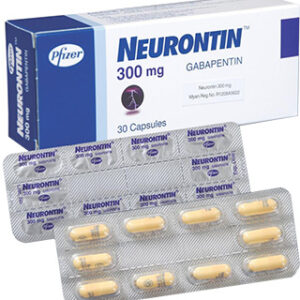
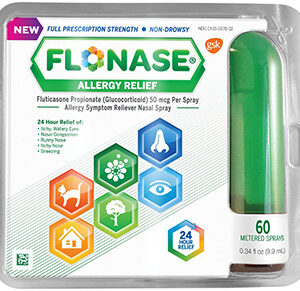
Patrick (verified owner) –
Good quality meds, prompt shipping, and discreet.